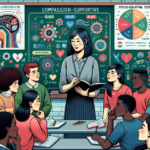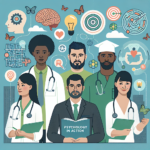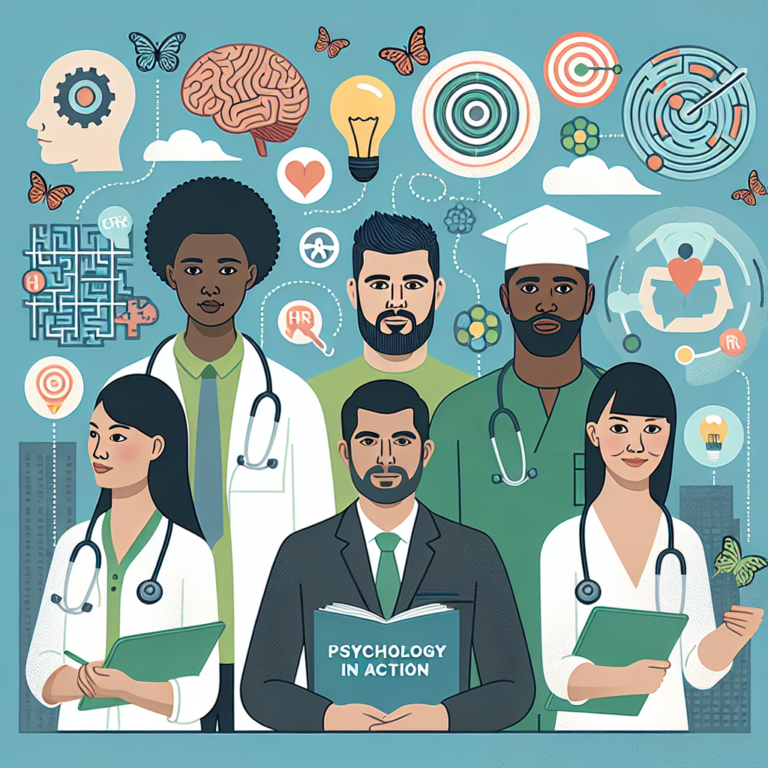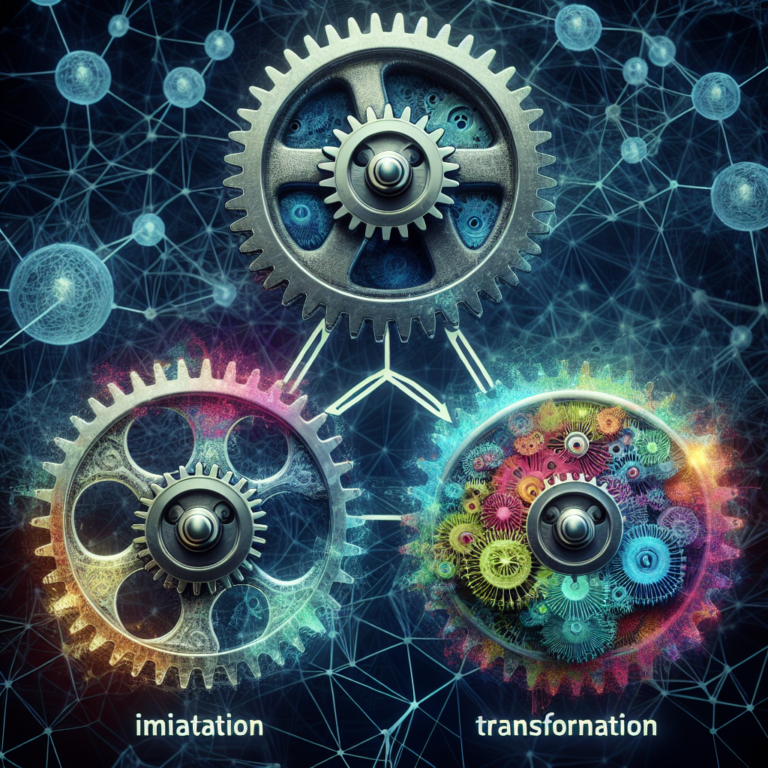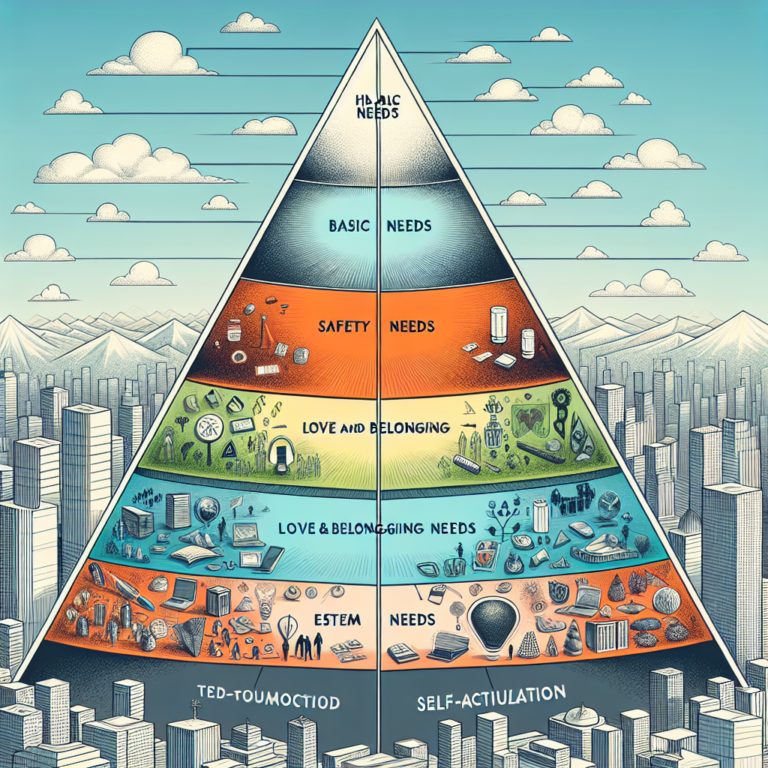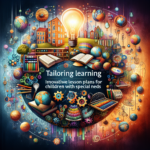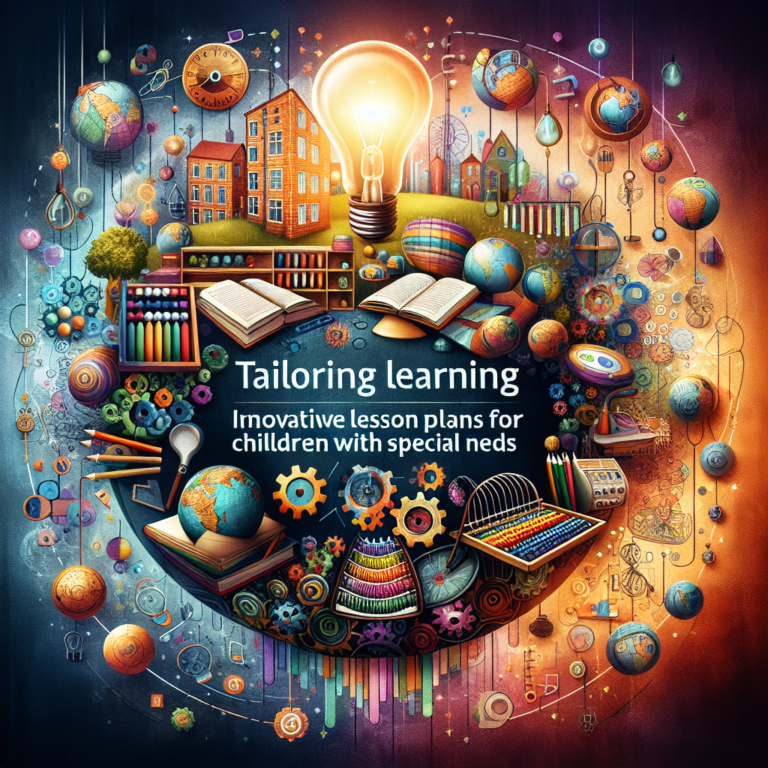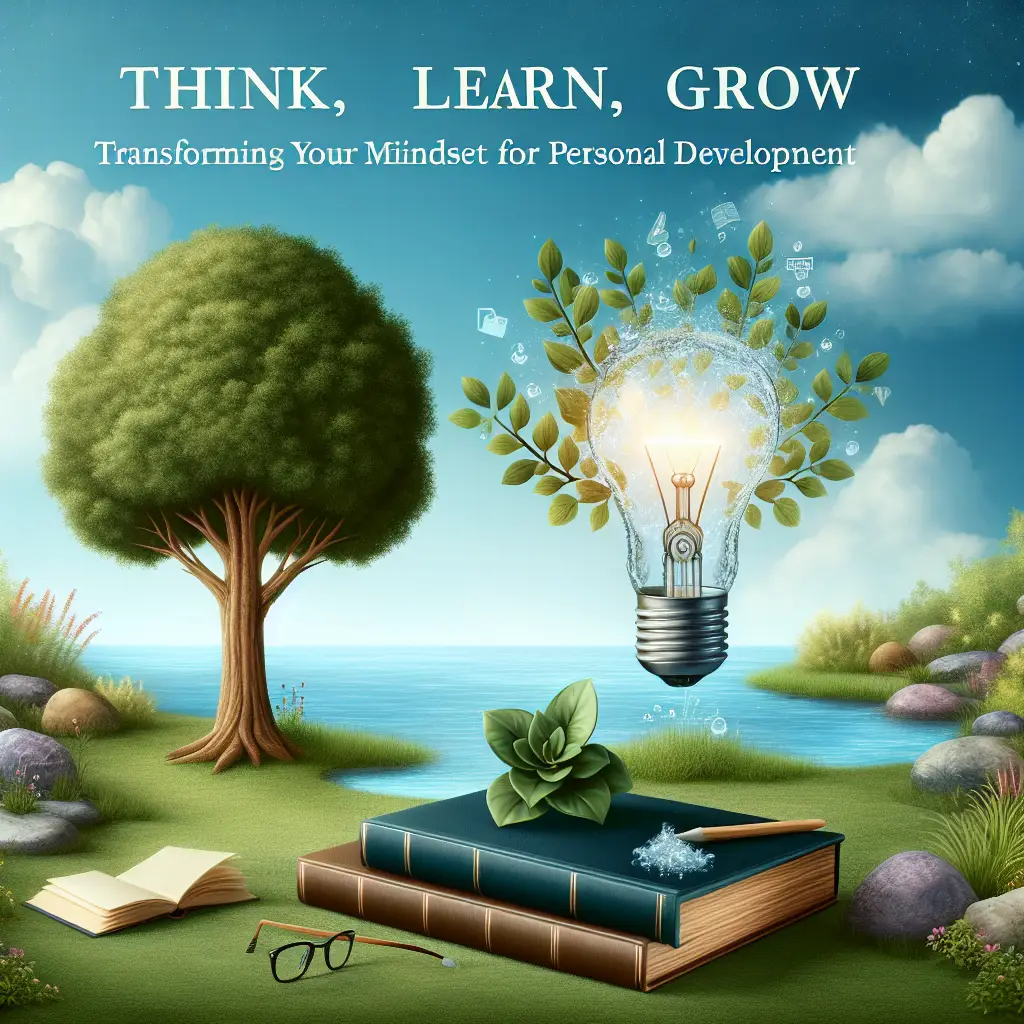
Think, Learn, Grow: Transforming Your Mindset for Personal Development
Introduction
In a rapidly evolving world, the way we think directly influences our ability to learn and grow. The phrase "Think, Learn, Grow: Transforming Your Mindset for Personal Development" encapsulates a profound truth: our mindset determines our success in both personal and professional arenas. While many people feel stuck or impeded by their circumstances, the possibility of transformation is always within reach. In this article, we will explore how shifting our mindset can unlock potential, enhance learning, and catalyze personal growth. By examining practical strategies and inspiring case studies, you will see that transformation is not just a dream; it’s a process that can be initiated today.
The Power of Mindset
Understanding Mindset
Mindset refers to the beliefs and attitudes we hold about ourselves and our abilities. According to psychologist Carol Dweck, there are two primary types of mindsets: fixed and growth.
Fixed Mindset: Individuals with a fixed mindset believe their abilities and intelligence are static traits. They avoid challenges, give up easily, and view effort as fruitless.
- Growth Mindset: On the other hand, those with a growth mindset see abilities as developable through dedication and hard work. They embrace challenges, persevere through setbacks, and find inspiration in the success of others.
Why Mindset Matters
Adopting a growth mindset is essential for personal development. Research shows that individuals with a growth mindset are more resilient, adaptable, and successful. For instance, a study published in the Journal of Personality and Social Psychology demonstrated that students with a growth mindset achieved higher academic performance compared to their fixed-mindset peers.
Table 1: Comparison of Fixed vs. Growth Mindset Traits
| Trait | Fixed Mindset | Growth Mindset |
|---|---|---|
| View of Ability | Static | Developmental |
| Challenges | Avoided | Embraced |
| Feedback | Threatening | Learning opportunity |
| Effort | Fruitless | Pathway to mastery |
| Success of Others | Threatening | Source of inspiration |
Think: Cultivating a Growth Mindset
Identifying Limiting Beliefs
The first step in the journey of "Think, Learn, Grow: Transforming Your Mindset for Personal Development" is identifying and challenging limiting beliefs. Ask yourself:
- What beliefs do I hold about my abilities?
- When was the last time I avoided a challenge? Why?
- How do I perceive feedback and criticism?
Strategies to Broaden Thinking
Self-Reflection: Keep a journal to track your thoughts and feelings. Reflect on events when you felt challenged and analyze your reactions.
Positive Affirmations: Use daily affirmations to reinforce a growth mindset. Phrases like "I can learn anything I set my mind to" can rewire your neural pathways.
- Diverse Perspectives: Engage with individuals who have different opinions or experiences. A broad range of perspectives can challenge your existing beliefs and stimulate critical thinking.
Case Study: Thomas Edison
Thomas Edison is a pillar of the growth mindset philosophy. After countless failures, he famously stated, "I have not failed. I’ve just found 10,000 ways that won’t work." His relentless pursuit of innovation teaches us that obstacles are merely stepping stones toward achievement. This attitude transformed him into one of history’s greatest inventors.
Learn: Embracing Continuous Learning
The Importance of Lifelong Learning
The world is constantly changing, and so must we. Continuous learning fuels personal development; it keeps your mind agile, enhances your skillset, and opens doors to new opportunities.
Chart 1: Benefits of Lifelong Learning
| Benefit | Description |
|---|---|
| Adaptability | Fosters resilience in the face of change. |
| Problem Solving | Enhances critical thinking and creativity. |
| Career Advancement | Opens new paths for professional growth. |
| Personal Satisfaction | Boosts confidence and overall happiness. |
Learning Methods for Transformation
Formal Education: Take courses, attend workshops, or pursue degrees to gain structured knowledge.
Online Resources: Platforms like Coursera and LinkedIn Learning provide courses from experts in various fields.
- Networking and Collaboration: Learn from peers and mentors. Joining professional groups or attending seminars can provide real-world insights and experiences.
Case Study: Oprah Winfrey
Oprah Winfrey’s journey from poverty to becoming a media mogul exemplifies the essence of learning in personal development. She continuously sought knowledge and skills that expanded her reach and influence. Winfrey has often highlighted the importance of education and lifelong learning in her success story, making her one of the most recognized advocates of personal development.
Grow: Implementing and Practicing Transformation
Setting SMART Goals
To fully embrace the "Think, Learn, Grow: Transforming Your Mindset for Personal Development" framework, it’s crucial to have clear goals. The SMART criteria can help ensure that your goals are effective:
- Specific: Clearly define what you aim to achieve.
- Measurable: Quantify your progress.
- Achievable: Set realistic expectations.
- Relevant: Ensure your goals align with your personal values.
- Time-bound: Set a deadline for completion.
Overcoming Obstacles
Resilience Training: Build psychological resilience through mindfulness practices, such as meditation and deep-breathing exercises.
Embrace Failure: Redefine failure as a learning opportunity. Analyze setbacks to gain insight and improve future strategies.
- Accountability Partnerships: Collaborate with friends or colleagues who can provide support and motivation.
Case Study: J.K. Rowling
J.K. Rowling’s rise to fame illuminates the power of perseverance amidst adversity. Before the success of the Harry Potter series, she faced numerous rejections from publishers and struggled with personal hardships. Rowling’s ability to embrace failure and her commitment to continuous learning allowed her to ultimately transform her dream into an extraordinary reality.
Conclusion
The journey of personal development through a growth mindset is transformative. By employing the concepts of "Think, Learn, Grow: Transforming Your Mindset for Personal Development," you can unlock potential previously thought unattainable. Remember, each step you take towards adopting a growth mindset allows you to embrace learning, conquer challenges, and ultimately grow in meaningful ways.
Motivational Takeaway
Transforming your life is not a destination but an ongoing journey. Start today by re-evaluating your mindset, seeking knowledge, and setting actionable goals. Your future self will thank you!
FAQs Section
1. What is a growth mindset?
A growth mindset is the belief that your abilities and intelligence can be developed with effort and perseverance. This allows you to embrace challenges and learn from feedback.
2. How can I shift from a fixed to a growth mindset?
Begin by recognizing and challenging your limiting beliefs. Practice self-reflection, engage in diverse learning opportunities, and remind yourself that failure is part of the learning process.
3. Is lifelong learning essential for personal development?
Yes, lifelong learning is critical as it fosters adaptability, boosts problem-solving skills, and opens up new career opportunities while also increasing personal satisfaction.
4. How can setting goals help with personal development?
Setting SMART goals provides clarity and direction, enabling you to measure progress and adjust strategies accordingly, which is crucial for sustained personal growth.
5. What role does resilience play in personal development?
Resilience allows you to bounce back from setbacks, learn from failures, and remain committed to your goals, ultimately facilitating personal growth and development.
By focusing on these aspects of thinking, learning, and growing, you’re well on your way to transforming your mindset for personal development!


